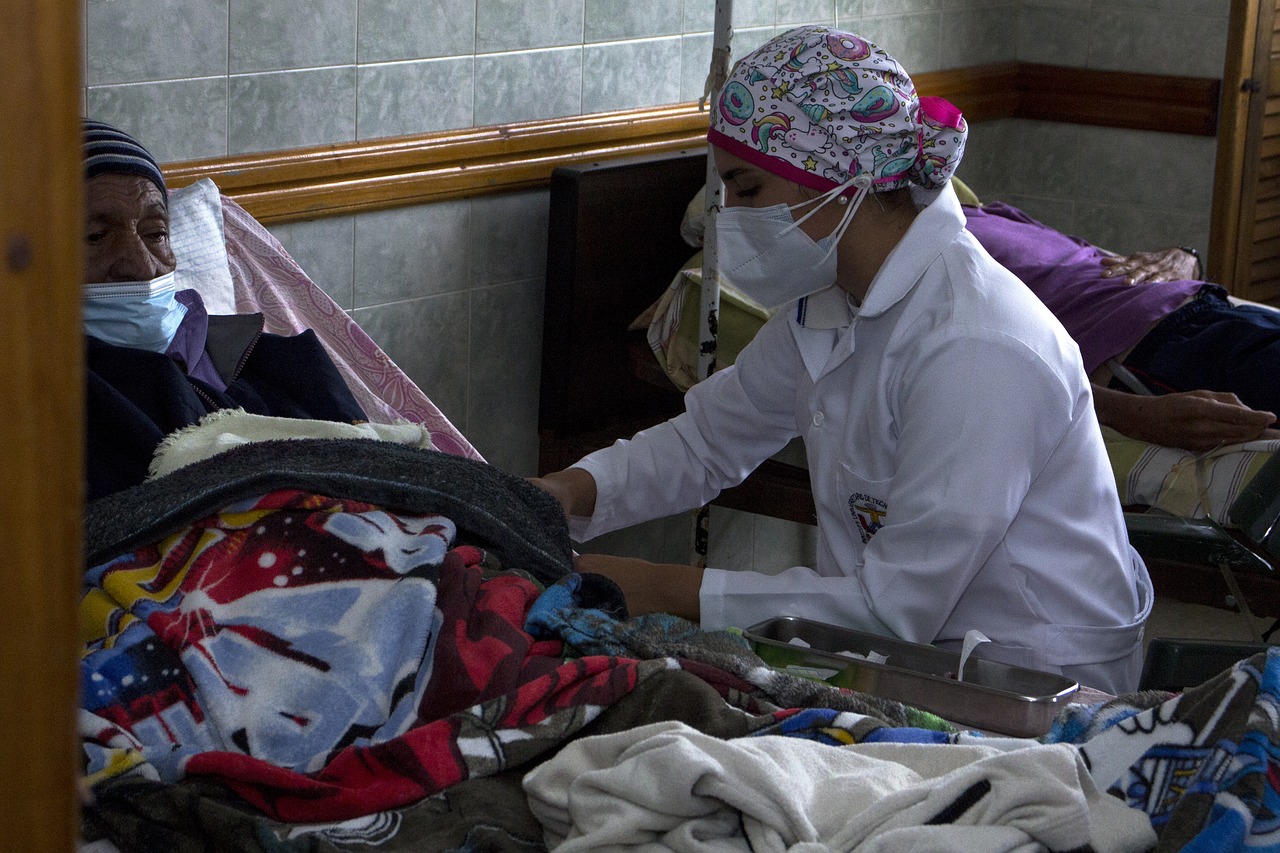
Kabul: Funding deficits may lead to the shutdown of up to eighty per cent of essential healthcare services supported by the World Health Organization (WHO) in Afghanistan by June 2025.
WHO today voiced serious concerns, indicating that such closures would deprive millions, particularly vulnerable groups like women, children, the elderly, and displaced individuals, of vital medical services. As of March 4, 2025, the organization reported that 167 health facilities had already closed due to these financial constraints, impacting 1.6 million people across 25 provinces. They further warned that without immediate action, an additional 220 facilities could be forced to close by June 2025, leaving another 1.8 million Afghans without access to essential health care.
The situation is particularly dire in the Northern, Western, and Northeastern regions of Afghanistan, where over a third of healthcare centres have already ceased operations, signalling a looming humanitarian crisis.
“These closures are not just numbers on a report, they represent mothers unable to give birth safely, children missing lifesaving vaccinations, entire communities left without protection from deadly disease outbreaks,” said WHO Representative and Head of Mission in Afghanistan Dr Edwin Ceniza Salvador. “The consequences will be measured in lives lost.”
Afghanistan is currently facing a series of severe health crises, grappling with outbreaks of measles, malaria, dengue, polio, and Crimean-Congo hemorrhagic fever. The lack of operational health facilities significantly hampers efforts to manage these diseases. In the first two months of 2025 alone, there were over 16,000 suspected cases of measles, resulting in 111 fatalities. Alarmingly, immunization rates are critically low, with only 51% of children receiving the first dose of the measles vaccine and a mere 37% getting the second dose, leaving many children vulnerable to preventable diseases and potential death.
The disruptions to the coordination efforts led by the World Health Organization hinder health partners from effectively monitoring disease outbreaks, distributing resources, and providing essential services, which threatens to exacerbate the already precarious state of the healthcare system in the country. Although some donors continue to offer support to Afghanistan’s health sector, funding has seen a significant decline as priorities for development aid have shifted. Nevertheless, the demand for healthcare remains enormous, and the existing support is insufficient to maintain vital health services for millions of Afghans.
“This is not just about funding. It is a humanitarian emergency that threatens to undo years of progress in strengthening Afghanistan’s health system,” said Dr Salvador. “Every day that passes without our collective support brings more suffering, more preventable deaths and lasting damage to the country’s health care infrastructure.”
– global bihari bureau





